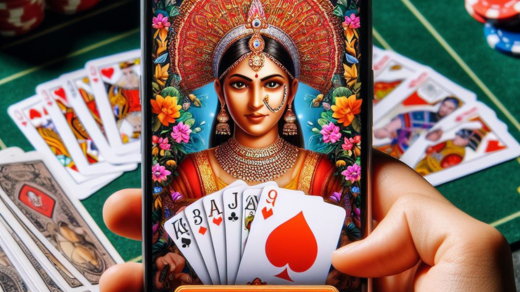The world of competitive gaming, known as esports, has witnessed a meteoric rise over the past few decades. What started as small-scale competitions among friends has transformed into a global phenomenon, drawing in millions of players, fans, and investors. Esports now stands at the intersection of sports, entertainment, and technology, with professional players, leagues, and tournaments that offer substantial prize money and viewership numbers rivaling traditional sports. This article will take you on a journey into the exciting and ever-expanding world of esports, exploring its origins, evolution, and its impact on the gaming industry and popular culture.
The term “esports” refers to organized, competitive video gaming at a professional level. Esports has a history dating back to the early 1970s when the first video game competitions were held at universities and arcades. However, it wasn’t until the late 1990s and early 2000s that esports began to gain momentum, particularly in South Korea, where televised competitions and a dedicated fan base helped propel esports into the mainstream. The popularity of games like StarCraft and the growth of esports leagues and organizations laid the foundation for what was to come.
Today, esports is a global phenomenon with professional players and teams in various game titles, including League of Legends, Dota 2, Counter-Strike, and many others. These players are often signed by esports organizations, which provide coaching, training facilities, and support for their careers. The competition is fierce, and many tournaments offer significant prize pools, attracting the best talent from around the world.
Esports events are now major spectacles, held in arenas and stadiums, and broadcast to millions of viewers via online streaming platforms like Twitch. These tournaments have attracted sponsorships from major companies, further cementing the legitimacy of esports as a professional and lucrative industry. Esports has also made its way to traditional television, with events being broadcast on major networks, bringing the excitement of competitive gaming to an even wider audience.
The impact of esports extends beyond the players and the gaming community. It has created jobs in various roles, from shoutcasters (commentators) to analysts, coaches, and event organizers. Additionally, esports has brought about a new level of collaboration between the gaming industry and traditional sports. Professional sports teams and athletes have invested in esports organizations, and leagues like the NBA have launched their own esports counterparts, further blurring the lines between traditional sports and esports.
Esports has also significantly influenced the gaming industry itself. Developers now design games with esports potential in mind, and the gaming hardware market has seen a surge in demand for high-performance equipment like gaming mice, keyboards, and monitors. Esports has created a feedback loop, with professional players influencing game design and game developers supporting esports events to maintain a thriving competitive scene.
Moreover, the cultural impact of esports cannot be overstated. It has given rise to a new generation of gaming superstars, with passionate fan followings and endorsement deals. Esports events are often as much about the spectacle and the community as they are about the competition. Fans gather in person and online to cheer for their favorite players and teams, creating a sense of belonging and shared experience.
In this article, we will dive deeper into the world of esports, discussing its growth, the most popular games and leagues, the players who have achieved celebrity status, and the impact of esports on the broader gaming industry and popular culture. We will explore the factors that have fueled its success, as well as the challenges and controversies that have arisen along the way. Whether you’re a seasoned esports enthusiast or new to the world of competitive gaming, this article will provide an in-depth look at this thrilling and rapidly evolving phenomenon.



